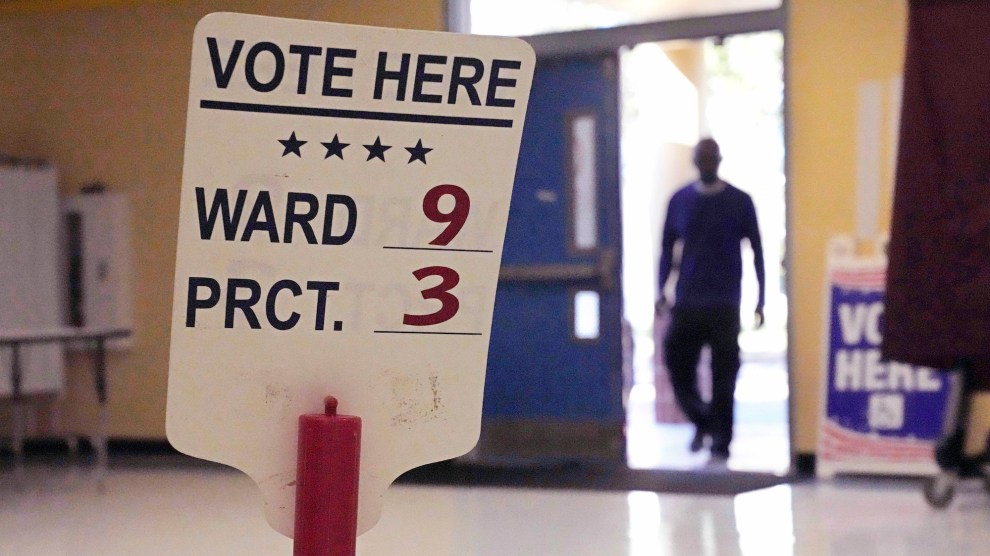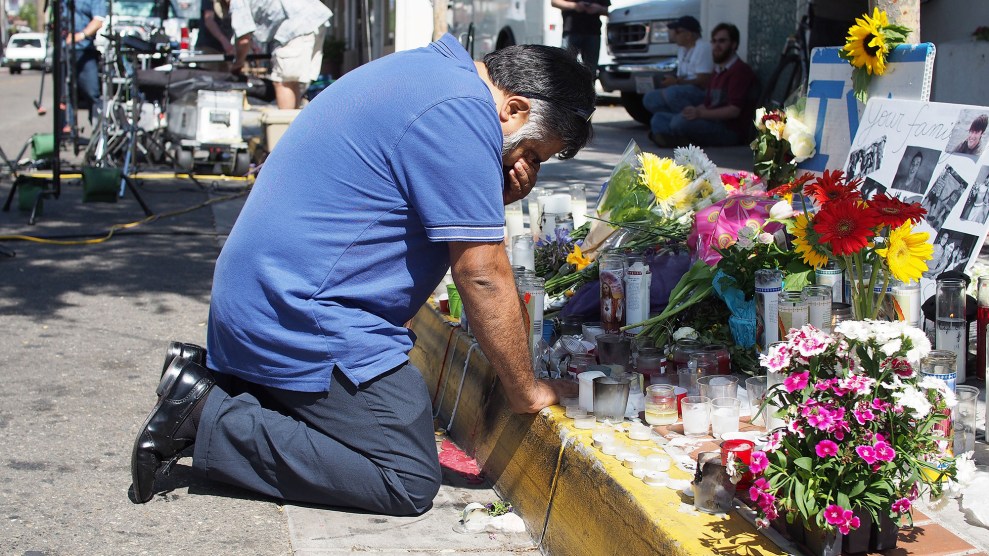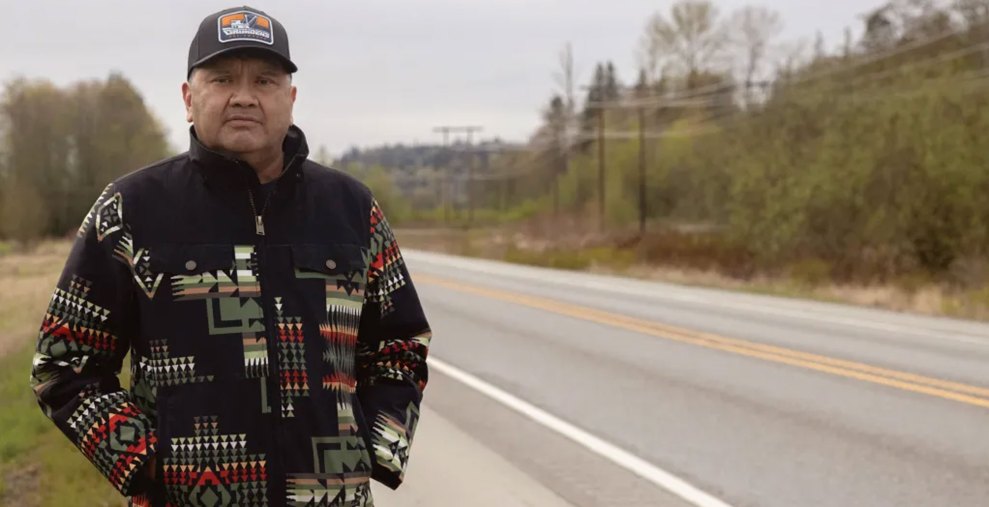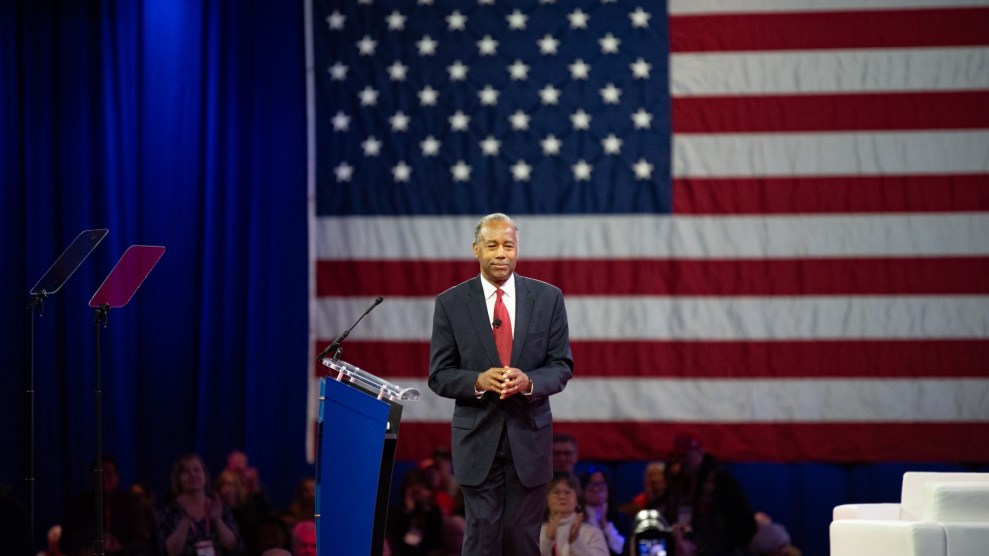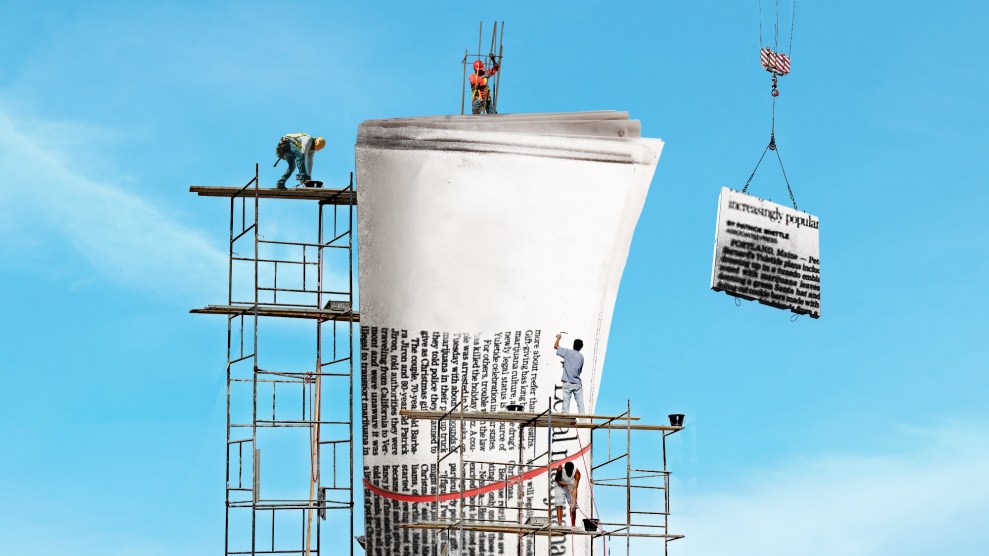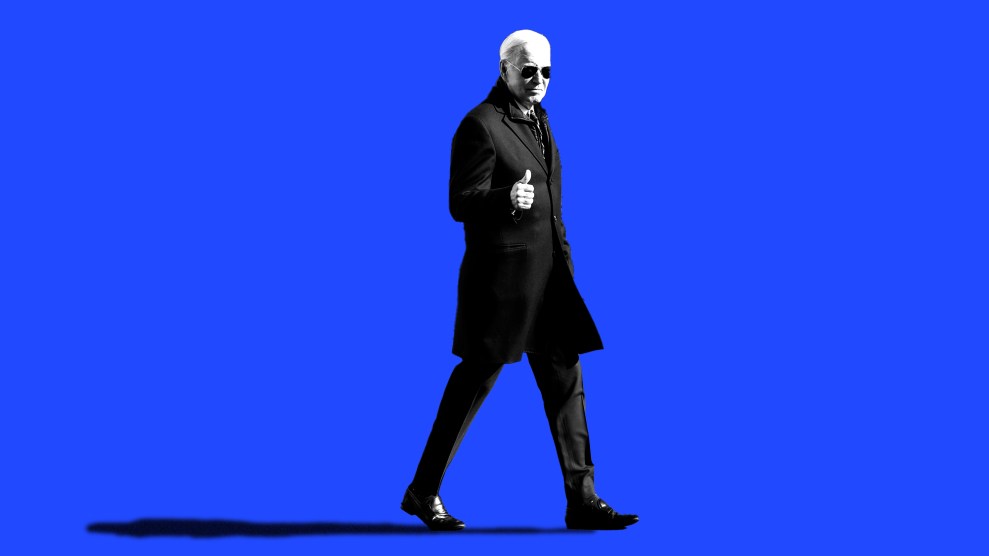Joe Bankman isn’t the first person to bemoan the morass that is the U.S. tax system, but he may be the first to make some huge improvements. Like, how about not having to fill out a return at all?
A professor of law at Stanford University, Bankman created Ready Return, a program that could help wage-earning Californians who don’t itemize deductions. Because the government gets everyone’s W-2 information, it has all the numbers to draft simple returns and send them out. “A good analogy is the property tax bill,” said Denise Azimi, spokeswoman for the California Franchise Tax Board. “The property tax assessor doesn’t tell you to sit down with a blank form and crunch all the numbers from the raw documents.”
This model of pro forma—or prefilled—returns is used in a number of European countries and has been discussed in the United States but never implemented. Bankman, however, has decided to take the straightforward plan to the California Legislature and make it work.
Both ends of the tax transaction could benefit. California’s Franchise Tax Board estimates that 800,000 state residents simply don’t file tax returns. “About 25 percent of people who have to file a tax return don’t have the literacy and numeracy to do it,” Bankman says. Making filing easier for the average citizen would get many more of them to pay the IRS. But a lot of these nonfilers stand to gain under the plan too. Many people eligible to file simple returns based on simple finances are likely to be minimum-wage earners, and a lot of them are actually due refunds.
Bankman has bestowed California with an elegant tax solution before. In 2003, he helped state legislators write one of the most successful tax bills in recent memory. His idea: Increase penalties for folks caught evading their taxes but also offer an amnesty period during which tax cheats could avoid the penalties if they paid up. Many did, to the tune of $1.3 billion dollars. The bill made Bankman a popular guy in Sacramento.
So when Bankman took his idea for Ready Return to California legislators, they listened, and state Controller Steve Westly (who is running for California governor in November) got on board. The result: In 2005, California debuted the program, sending prefilled returns to a pilot group of 50,000 single, low-income Californians. Recipients could sign the Ready Return as is; correct it and sign; file or correct it online; or, if they didn’t want it, toss it and start from scratch. By the time the mailings arrived, about half the recipients had already filed. Of the other half, 11,523 elected to use the Ready Return. And they liked it. There were some technical complaints, but most of the comments from users looked like this:
“This is the simplest, most convenient tax-filing system ever. I really am impressed. Thanks for including me in the pilot program.” “Great program and easy to use, although I am computer illiterate.” “Wonderful. Wish the Feds would make it this easy.”
At a meeting in June, California officials voted unanimously to expand Ready Return and make it a permanent program. They originally planned to reach a million taxpayers this year without increasing their budget. Then, when personal-finance software giant Intuit, tax-preparation company H&R Block, and others saw their livelihoods threatened they managed to block expansion of the program, limiting it to just 50,000 people again in 2006.
Nevertheless, Westly intends to push for expansion of the program, despite the opposition.
Says Fred Goldberg, a Washington, D.C., tax attorney and former IRS commissioner who likes the project: “What sways me is, Are you doing right by the people? That sounds corny, but that’s the issue.”


